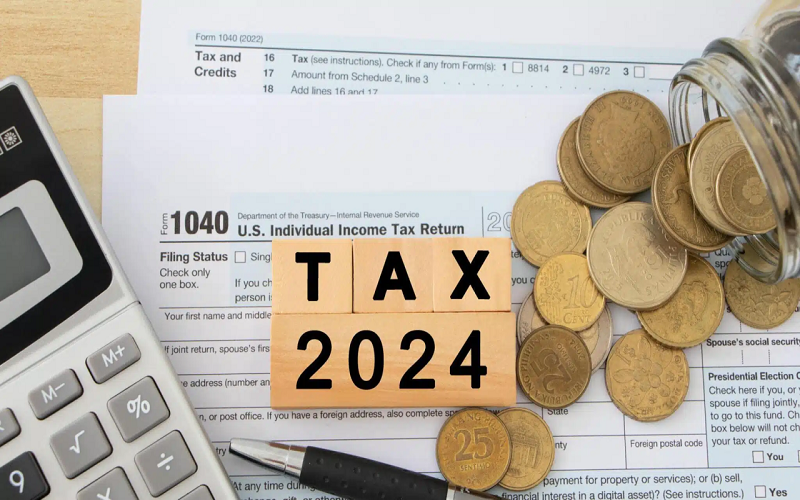Making a Will
The majority of UK adults still don’t have a Will. This can result in a tremendous amount of heartbreak and turmoil for families trying to deal with the estate of a loved one. To avoid chaos, family arguments and your money going to people it shouldn’t, it’s important to list your wishes in a legal document. But what information should you include? Here’s a detailed list.
1. Your Assets and Estate Value
Knowing the value of your estate is an important part of Will writing as you’re essentially deciding who should get what once you’re gone. Start by listing your assets. This should include properties, savings, investments, insurance, pension funds, motor vehicles and boats, fine art and other valuable items. Once you have this total, deduct debts such as mortgages, overdrafts, loans and credit cards as well as reasonable funeral costs. Kent tax advisors will be able to look at your estate value and estimate any potential tax liability.
2. Name your beneficiaries
There’s a chance that people will try to claim certain parts of your estate once you’re deceased, which can result in family arguments. This sort of unrest is common but can be largely avoided by naming beneficiaries in your Will. For this, you can clearly state what share of your estate you want each beneficiary to get. You can also specify if any beneficiary is entitled to a specific gift such as a special piece of jewellery or a family heirloom. With everything in writing, your last wishes will be honoured and debates can be squashed.
3. Name an executor
You will need to name an executor or executors. An executor is the person appointed to distribute your assets according to the details of your Will. Executors must be over 18 and can be a trusted family member or friend. You can also choose to work with a professional executor. This is a good option if nobody you know wants the responsibility of sorting your estate and making sure all tax responsibilities, including Inheritance Tax, are met. If you’ve been appointed Executor, you may need to officially apply for the authority to act. In this case, a Kent accountant for probate services, will be able to help you.
4. Property
How your property is passed on will depend on your marital status and the type of tenancy you have. If you’re married and have a joint tenancy, your share of the property will pass to your spouse or civil partner automatically. If the property is held as tenants in common, however, you will need to specify in your Will who you would like to inherit your share of the property. If you own the property outright, you can specify who you would like to inherit it. You can also provide for a ‘right of residence’ which will give the person of your choice the right to remain in the property for a specific period of time while passing the ownership onto someone else.
5. Care for Children
Knowing who will take care of your children if both parents were to die is of paramount importance and this is where a Will comes in useful. You can appoint a Guardian or Guardians to provide adequate care for children under the age of 18. You can also include Trust Fund instructions such as when the children can access the money. If you don’t have a Will, the family courts will appoint a legal guardian.
Writing a detailed Will gives you control beyond the grave. It ensures your nearest and dearest are taken care of in the way you would want and divides all assets according to your wishes.


